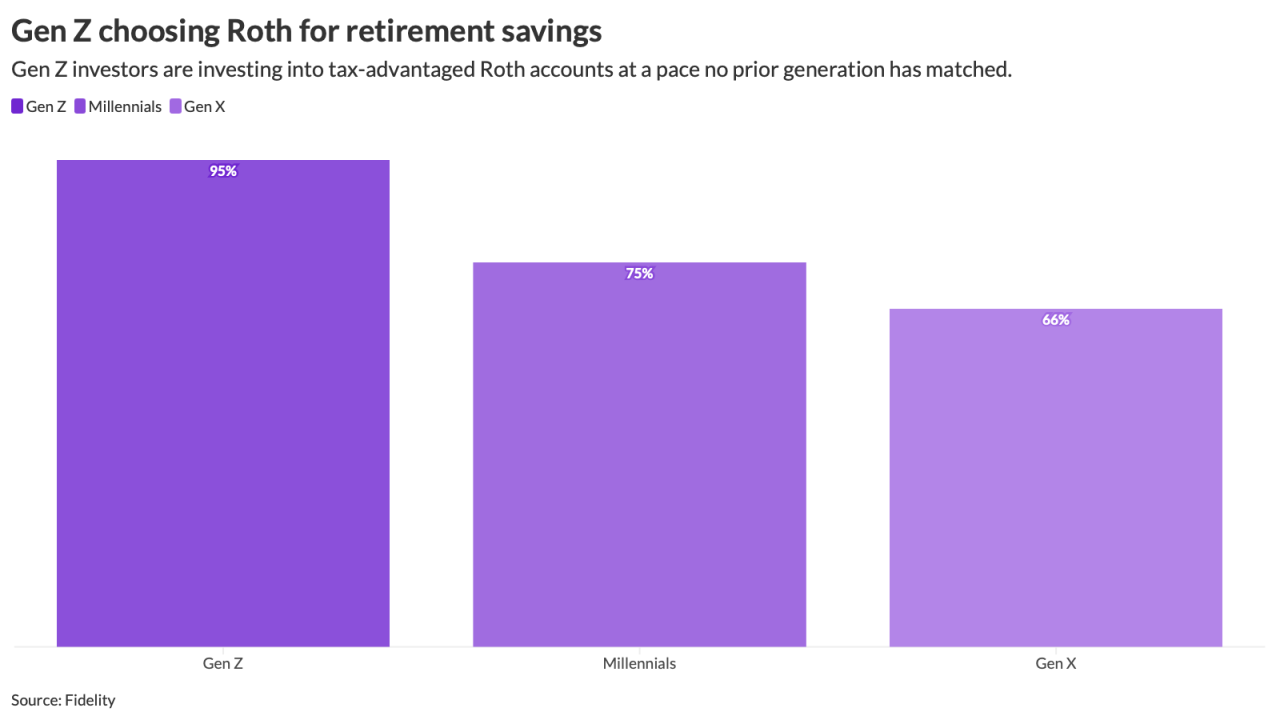Perhaps it's no surprise that Amanda Davis is passionate about her employer. As director of culture and internal communication for Embassy Suites & Hotels, it's her job to promote the brand - and its service-oriented culture - to the company's 20,000 employees at 214 hotels around the country. But Davis' passion goes beyond her job description.
Since first joining the company in 1991 as a front desk clerk at an Embassy Suites in Raleigh, N.C., "I've been so fortunate to work for people who've invested in me, and they empowered me," she says.
This culture of empowerment is the cornerstone of Embassy Suites' engagement philosophy, and it's cultivated through comprehensive employee training, development and recognition programs.
"I believe workforce training and development plays a primary role in creating the culture Embassy Suites wants to foster. It's not good enough to just say what we want our culture to be or to just say what our culture is," Davis says. "Culture, by definition, speaks to education, training and development. If you have a culture, but you don't have training, education and development, it's just words."
The company first branded its service culture about four years ago with the service statement: "Gracious, engaging and caring. Making a difference in the lives of others in ways both big and small."
"Empowerment is the key to the success of this because empowerment helps our team members feel engaged in the workplace," says Davis. "And we ingrain that idea - make a difference - in every single person so they know they have the power and confidence to make a difference and know they're a crucial part of our guests' experience."
Creating a positive service climate - whether you're in the hospitality industry dealing with external customers or an industry with internal customers - has a direct effect on employee satisfaction, a concept that is often overlooked. According to a Maritz Research survey of almost 3,000 employees from a cross-section of industries, only 8% of employees say their company's policies and procedures make it easy to satisfy customers, and just 13% say they have the authority they need to respond promptly to customer problems and requests. Moreover, only 10% say their company provides effective training to support excellent customer service.
"There's so much talk about how happy employees drive happy customers, but what's not recognized most times is how unhappy customers create unhappy employees and how customer dissatisfaction leads to employee disengagement," says Rick Garlick, a workplace consultant who's worked for Gallup and Maritz.
Upon joining Embassy Suites, team members go through a comprehensive orientation process that includes empowerment training, service training, role-playing, online courses and instructor-led classes. But Davis admits that "as much as the process is extensive, it's important that we're hiring the right people. So we look for people that have a service-minded philosophy to begin with, and we bring them in and give them the training and the tools and the resources so it becomes a really well-oiled machine at the property level."
'Nuclear engine'
A big part of that well-oiled machine are Embassy Suites' Make a Difference committees. There's one at every hotel, and they're made up of anywhere from five to 15 employees from every major department. These culture committees meet regularly to discuss challenges, celebrate successes and talk about community service projects. "They're really the little nuclear engine at the hotel that keeps the culture alive with all of our team members," says Davis.
Following the orientation process, "we introduce [new employees] to our Make a Difference committee so they know these are the point people in the hotel helping to promote the culture."
The company also nurtures its service culture through what it calls "daily huddles." Every day, the company electronically distributes a service topic - hospitality, for example - that is meant to be talked about at each hotel. As team members get together to start their day - whether that day starts at 7 a.m. or 3 p.m. - they briefly discuss that service topic - its definition, what it means to them and examples of things they've done recently that represent that service topic. The huddle ends with a commitment of how team members are going to take that service topic and implement it into their shift.
"They're meant to be just five minutes to get people geared up and to promote that message of empowerment," says Davis. "Because when we're talking to our team members about what it is they're doing, and they're hearing examples of what others are doing, it's empowering to them and allows us to reinforce our message that they are empowered."
Embassy Suites also believes strongly in the value of peer-to-peer recognition. Each hotel has at least one Make a Difference medallion that circulates among employees who are observed by their peers as making a difference in the lives of others. "We try to do this in front of their peers so it reinforces the positive behavior," says Davis. "And then, we let them know that this is a living and breathing symbol of our culture and while it's a great honor, they can't keep it. So the next time it's time for the medallion to be passed, they pass it to a team member they've observed making a difference. And that could be making a difference with our guests, with other team members or within our community."
In addition, the company has a long-standing recognition program called Catch Me at My Best. When team members or guests "catch" employees doing something good, they fill out a card and turn it in. Most hotels have a Catch Me at My Best wall in the staff area where the cards get posted. Davis says some hotels will have team members who, throughout the summer, accumulate 300 Catch Me at My Best cards.
"I have walked into hotels and literally lining the entire wall down the hallway are the Catch Me at My Best cards," she says. "... this program has run for more than 20 years, so it's incredible to have that kind of staying power for a program that does not have a significant monetary reward; it's all about peer-to-peer recognition."
The hotel chain also has a more formal Spirit of Embassy award, designed to recognize top performers. It's awarded through a nomination process. In 2012, 71 employees won Spirit of Embassy awards, from 306 nominations. Each winner gets $350, a plaque to take home and a plaque to reside at the hotel. The hotel also receives a celebration kit with balloons and noisemakers so staff can throw a party for the winner. In addition, a brand executive will call the winning team member and congratulate them personally.
Embassy Suites may be an anomaly when it comes to employee recognition and empowerment. According to a subset of employees in the hospitality industry surveyed for the Maritz poll, only 10% said their employers provide recognition for behaviors that positively impact guests. Moreover, only 21% said they have the authority they need to respond promptly to customer problems and requests.
"Rewarding people and recognizing people for good customer service, having customer-friendly policies and empowering people to resolve issues without having to escalate it to someone else - these are all fairly simple fixes within organizations that can change the entire tenor of the customer experience," says Garlick.
Employees feel handcuffed
According to a Maritz Research employee engagement study, employees often feel their hands are tied by corporate policies that focus on bottom-line needs rather than those of the customers they're called to serve. Furthermore, few employees feel they're recognized for providing great service to customers.
Twenty percent of the nearly 2,900 employees surveyed said they feel providing excellent customer service is their company's top priority, down from 29% in 2011. Fourteen percent believe their workgroup has a clear understanding of customers' needs, down from 20% in 2011.
Other findings include:
11 % of employees say policies, systems and procedures at their company support the delivery of outstanding customer service.
9 % say their company frequently seeks suggestions for improving customer satisfaction from employees who have regular contact with customers.
10 % say their organization sets specific goals for achieving and improving customer service and satisfaction.
8 % say their company has effective formal programs for improving customer satisfaction.
17 % say they completely understand the values that their company wants to represent to its customers.





